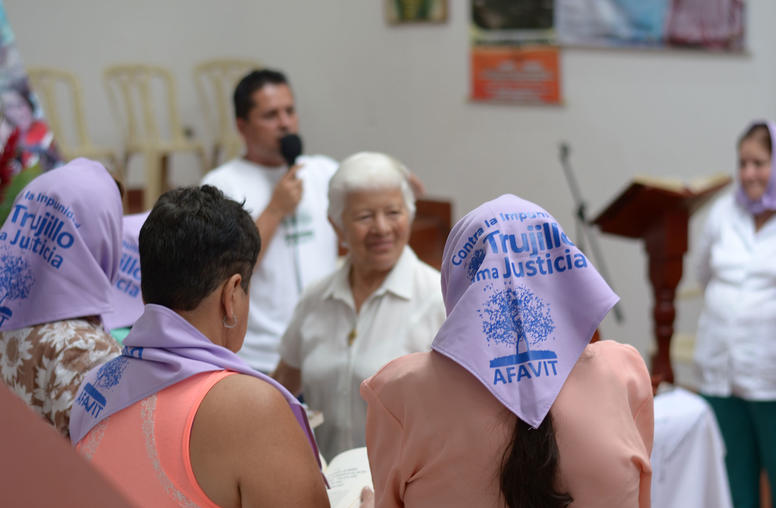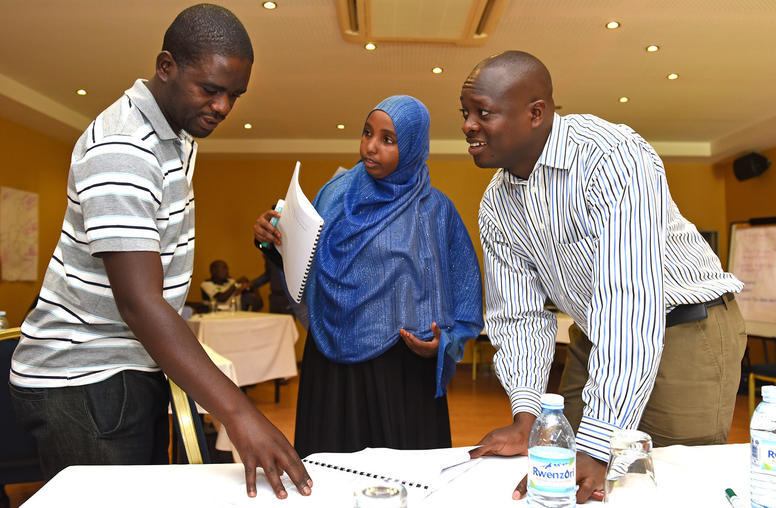 Afghanistan
Afghanistan
When the Taliban took control of Kabul in August 2021, the quick collapse of the former government caught many by surprise — although the insurgent group had made significant gains across the country once it was clear that all U.S. troops would leave.
Afghanistan is now facing one of the world’s worst humanitarian crises. The Afghan economy has no cash to pay salaries or buy food. Western aid has been suspended because the Taliban government includes designated terrorists. And millions of Afghans face acute malnutrition and starvation in the coming months. The Taliban lack capacity to manage these monumental challenges, but there is no clear alternative to their rule.
Featured Publications

Where is Afghanistan Three Years into Taliban Rule?
Lacking formal recognition from all member states, the Taliban will not be present at the U.N. General Assembly next week. Their absence speaks volumes about how the international community struggles to constrain a regime that has repeatedly defied U.N. treaties, sanctions and Security Council resolutions. Three years into Taliban rule, the Afghan people are beset by a host of human rights, economic and humanitarian challenges, with women and girls particularly impacted. Meanwhile, the international community still has no clear approach to dealing with the Taliban, with the regime rejecting a U.N. Security Council resolution calling for a special envoy to develop a roadmap for normalizing Afghanistan’s relations with the international community.

What an ICC Case on Mali Means for Prosecuting Taliban Gender Crimes
Since the Taliban took power in August 2021, the situation for Afghan women and girls has dramatically deteriorated. Yet there has been little international action, as many in the international community lament the lack of legal, and other, avenues to hold the Taliban accountable for these draconian measures. However, a recent case at the International Criminal Court (ICC) may provide a legal roadmap to prosecute the Taliban.

China’s Global Security Initiative: Tilting the Balance in Central Asia
In recent years, Beijing has been reevaluating its conceptual framework for foreign policy, with a focus on enhancing its role in global governance. With the aim of transforming China into the world's leading country, Chinese leader Xi Jinping has put forward a number of new initiatives — including the Global Security Initiative (GSI) — as a way of creating new formats of cooperation between China and the countries of the Belt and Road Initiative (BRI) and Global South.
Current Projects

Senior Study Group on Counterterrorism in Afghanistan and Pakistan
In 2022, the U.S. Institute of Peace convened a senior study group to examine the evolving threat landscape and counterterrorism challenges in South Asia. The bipartisan study group brought together experts of counterterrorism strategy, diplomacy, intelligence and South Asia to assess terrorism risks from Afghanistan and Pakistan and put forth policy options for future counterterrorism efforts in the region.

Religious Women Negotiating on the Frontlines
In recent years, peace processes — such as the track 2 intra-Afghan negotiations — have shown that on both a moral and practical level, women’s inclusion is essential. Women’s involvement in peace processes increases their likelihood of success and longevity and can increase legitimacy. While more literature on women contributing to mediation and negotiation efforts is slowly being produced, little attention is currently being paid to the already existing work of women who employ their faith and mobilize religious resources for peacebuilding.

Youth Advisory Council
Built upon the belief that youth bring significant and unique insight to peacebuilding, the U.S. Institute of Peace’s Youth Advisory Council (YAC) provides a mechanism through which USIP experts can benefit from youth perspectives and expertise. The YAC enables USIP staff to engage youth as partners, experts, and practioners while elevating youth voices and experience to the international level. The YAC contributes to USIP’s vision for an inclusive approach to peacebuilding. The Youth Advisory Council meets regularly to bring together youth thought leaders and peacebuilding experts committed to the Institute’s mission and activities.